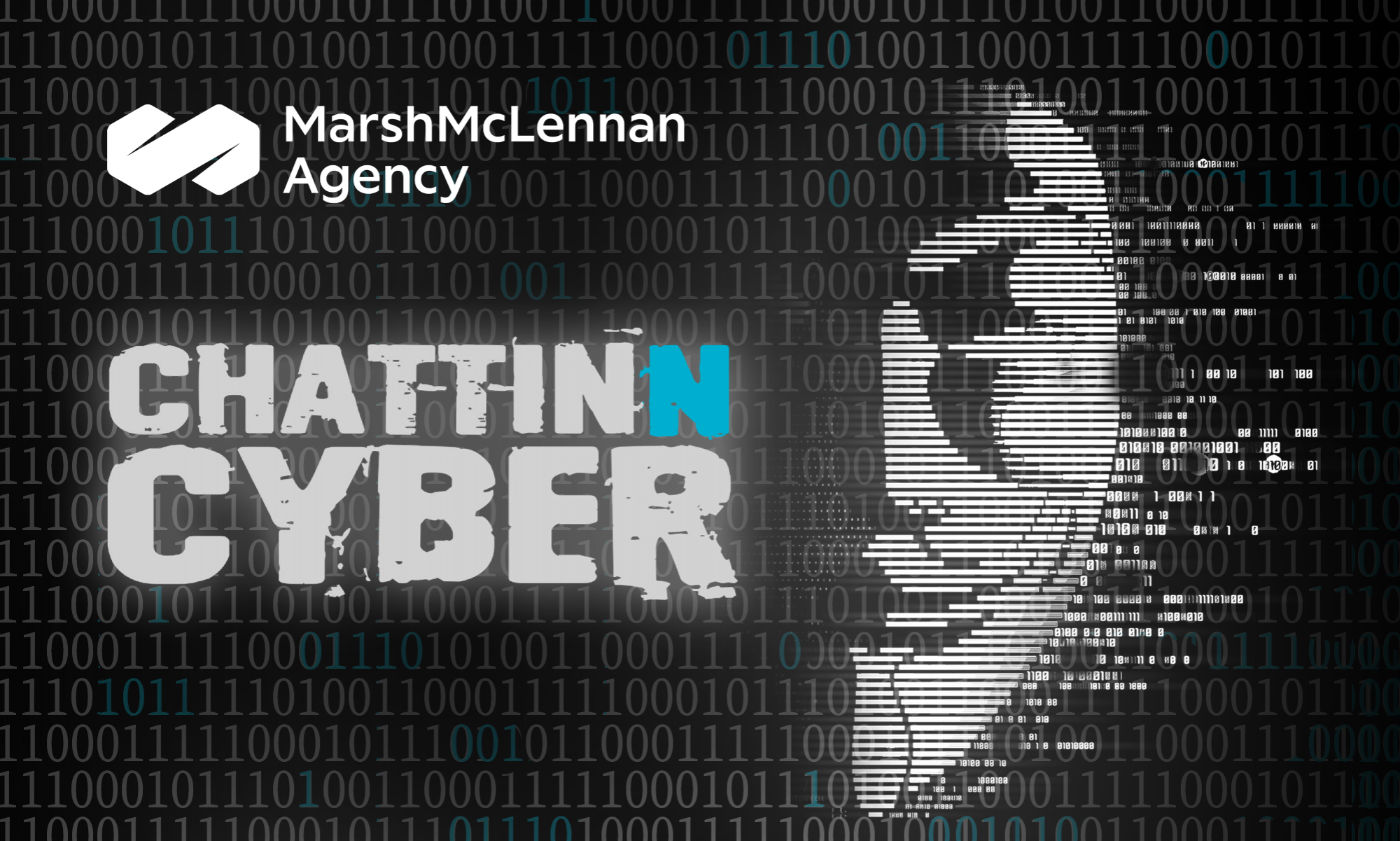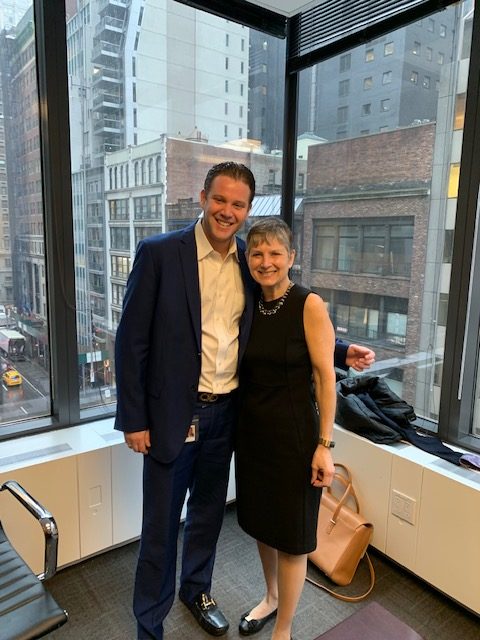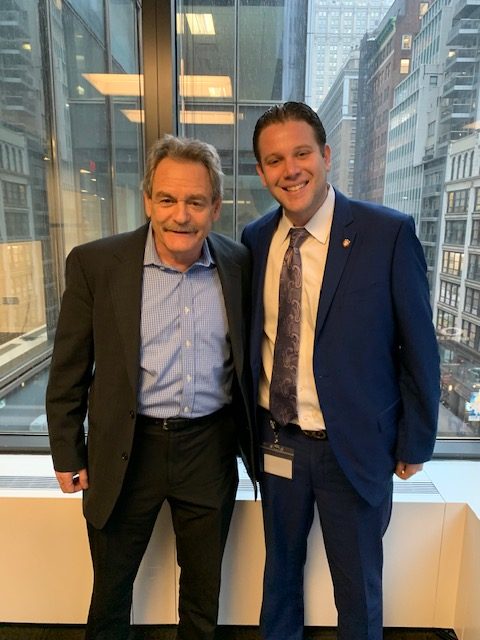Podcast: Play in new window | Download (Duration: 17:28 — 16.0MB)
Subscribe: RSS
On this episode of CHATTIN CYBER, our host sits down with Michelle Schaap to explore the ever-evolving landscape and intersectionality of the cybersecurity field. Schaap currently serves as an Attorney concentrating in Cybersecurity, Construction and Technology Law at Cheisa Shahinian & Giantomasi PC (CSG), where she has advised on privacy & data security practices for over two decades. Michelle specializes on cyber preparedness and IT disaster recovery planning as well as structuring commercial transactions and negotiating project agreements. A diverse strategist with over thirty years of practice, Ms. Schaap has also honed her skills in renewable energy projects, software industry development.
After receiving degrees from Cornell University and Rutgers Law School, Ms. Schaap started her career at a law firm that gave her the opportunity to be on rotation and gain a large breath of experience across multiple specialties. Eventually focusing on Land Use law, she credits this with allowing her “to learn what her client’s immediate needs were and potentially long-terms needs” in order to prepare for the future. In practicing general law internationally and at large corporations like Toys R Us, she developed proficiency in many of the aspects that cyber law touches including HR, supply trains, upstream obligations, and more.
In this interview, Michelle uses this vast experience to predict the developments in the field over the next decade. She warns that cyber response has yet to catch up with state-of-the-art software, and suggests that some of the most effective and cost-efficient methods of cyber security have existed long before those technologies came on to the scene. Tune in as she explores how to gauge what level of security is right for your business and a few fast tips to bring your business and personal security up to speed. Catch up on all this and more on this episode of CHATTINN CYBER with Marc Schein!


